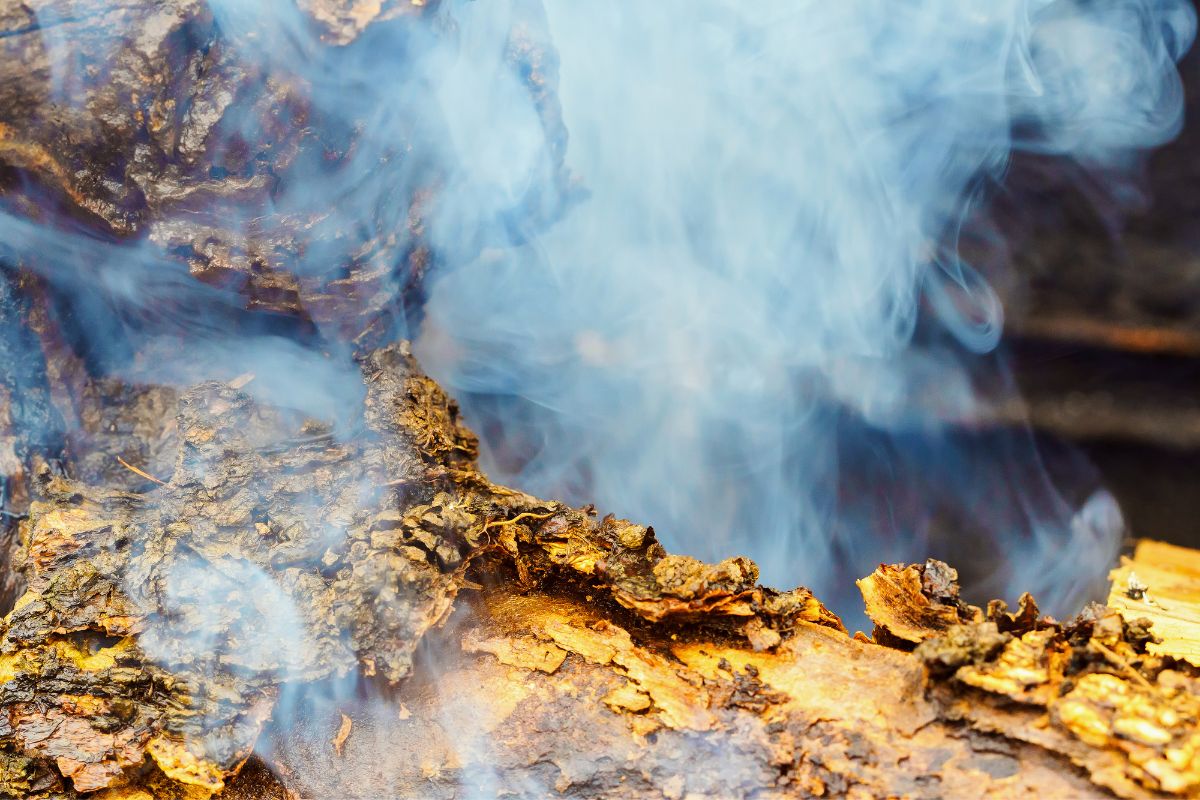The smoke powder is a seasoning made from dehydrated condensed wood. It has a fine powder-like texture and ranges in color from light brown to dark reddish-brown, depending on the type of smoke flavor used. The flavor profile of smoke powder is smoky, earthy, and slightly sweet. It adds a smoky flavor to dishes with meats, poultry, vegetables, sauces, marinades, and rubs.
Table of Contents
What is smoke powder?
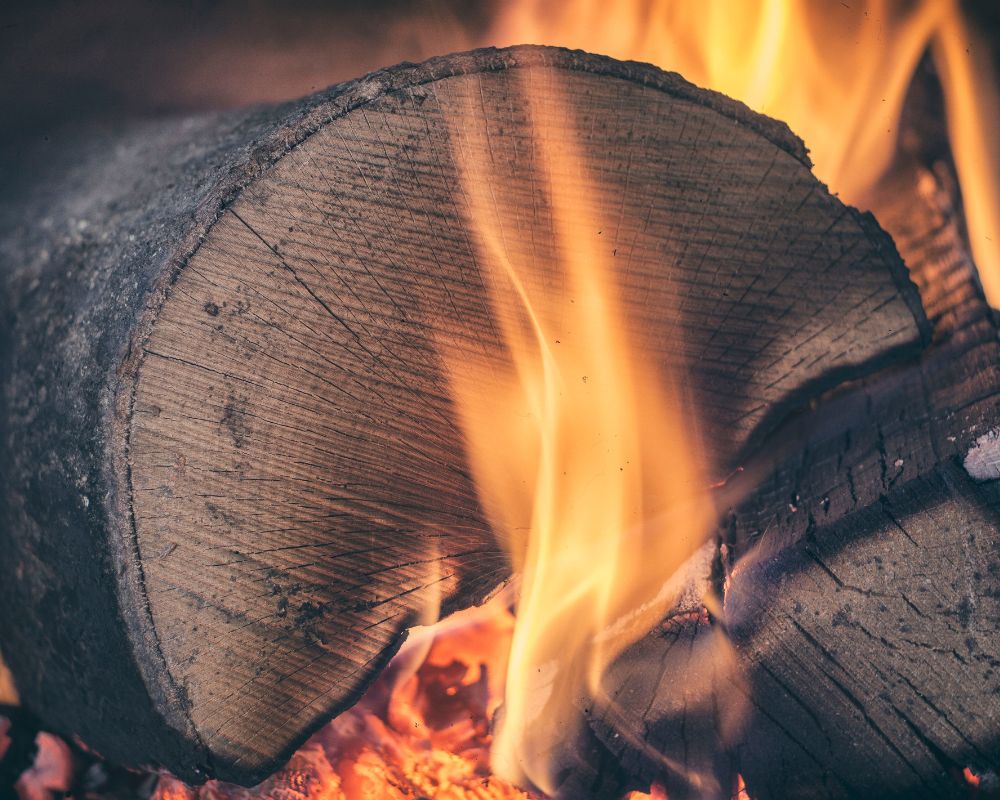
The smoke powder is a flavoring ingredient typically made from dried and ground smoke.
The concentrated wood smoke undergoes dehydration, resulting in a light-colored powder that embodies the very essence of that wood. Although it has a potent flavor, using it sparingly and in conjunction with other bold spices like cumin and paprika is recommended.
It adds a smoky flavor to various dishes, including meat, poultry, seafood, and vegetables.
| Origin | Comes from dehydrated wood smoke |
| Cuisines | American, European, and Asian |
| Appearance | A fine, dark powder that ranges from light gray to dark brown |
| Flavor profile | A rich, smoky flavor similar to smoked meats or vegetables |
Origin
The smoke powder was developed to add a smoky flavor to food without smoking it. The process of making smoke powder includes (first and foremost) dehydration of wood smoke.
Cuisines
This smoke flavor powder is present in many cuisines, including American, European, and Asian. It is a regular ingredient in barbecue sauces and rubs and in soups, stews, baked beans, and chili. It’s also used to smoke sausage casings and jerky.
Appearance
The smoke powder is typically a fine, dark powder that ranges from light gray to dark brown. It is often sold in small containers or packets and found in specialty food stores or online.
Flavor profile
The smoke powder has a rich, smoky flavor similar to smoked meats or vegetables. The taste is created by drying and grinding smoke from various sources, including wood chips, sawdust, and other materials. Some types of smoke powder may also contain additional ingredients, such as salt, sugar, or other condiments, to enhance the flavor.
There are two main flavors of smoke powder:
| Hickory smoke powder | Has a natural hickory smoke flavor |
| Mesquite smoke powder | Has a Southwestern smoke flavor |
Nutritional Benefits of smoke powder
While it may flavor dishes, the smoke powder does not offer significant nutritional benefits.
It is important to note that smoke powder is often used in small amounts to add flavor to dishes, and therefore, its nutritional impact is negligible. However, the ingredients used to make smoke powder may offer some nutritional benefits. For example, if the smoke powder is made from herbs, it may contain vitamins, minerals, and antioxidants.
Smoke powder vs. liquid smoke
| Smoke powder | A dry, powdered form of smoke flavoring made by condensing smoke from burning wood or other materials, used in dry rubs, seasoning blends, or other dry ingredients |
| Liquid smoke | Made by passing smoke through water and then condensing the smoke particles into a liquid, common in marinades, sauces, and other liquid-based recipes |
Smoke powder and liquid smoke are used as flavorings in food and can add a smoky taste to some dishes. However, there are some differences between the two.
The smoke powder is a dry, powdered form of smoke flavoring made by condensing smoke from burning wood or other materials. Add it directly to dry rubs, seasoning blends, or other dry ingredients. The smoke powder is typically used in small amounts and can conveniently add smoke flavor without using a smoker or grill.
On the other hand, liquid smoke is made by passing smoke through water and then condensing the smoke particles into a liquid. It is common in marinades, sauces, and other liquid-based recipes. Liquid smoke is often used in larger amounts than smoke powder and can provide a more pronounced smoky flavor.
While both smoke powder and liquid smoke can add a smoky flavor to dishes, they can have different applications and strengths. The smoke powder is ideal for dry seasonings and rubs, while liquid smoke is better suited for marinades and liquid-based recipes. Additionally, the smoke powder can be more potent than liquid smoke, so it is essential to use it sparingly.
How do you use smoke powder?
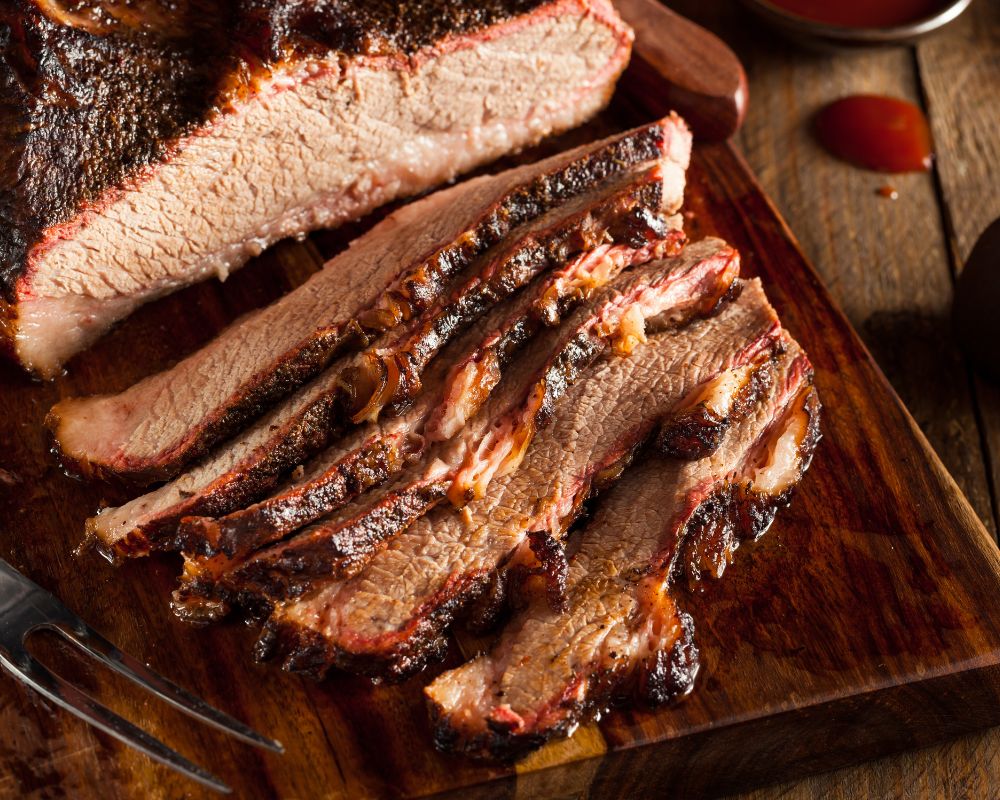
The smoke powder is a seasoning that you can use to add a smoky flavor to dishes without smoking or grilling. To use smoke powder, you can sprinkle a small amount onto the food you prepare, such as meats, vegetables, or even popcorn.
Using it sparingly is essential as a little goes a long way, and it can quickly overpower the other flavors in your dish if you use too much. Mixing the smoke powder with other dry seasonings or rubs can create your unique flavor blend. Include it in rubs or marinades, or add it to sauces and dips.
Store your smoke powder in a dry place with all your other spices.
How do you make smoke powder for cooking?
You can make smoke powder by first smoking wood chips or sawdust until thoroughly charred.
The charred material is then ground into a fine powder using a spice grinder or food processor. You can add the resulting powder to food to give it a smoky flavor without actually smoking the food itself.
The type of wood used to make the smoke powder will impact the taste, so choose a wood that complements the dish you are making.
Is artificial smoke harmful?
Artificial smoke is generally considered safe for consumption. The main ingredients of smoke powder are natural wood smoke compounds mixed with carriers such as maltodextrin, silicon dioxide, or other food-grade materials.
These compounds are not known to be harmful in small quantities, and the amount used in smoke powder is typically relatively low.
Top 3 substitutes for smoke powder
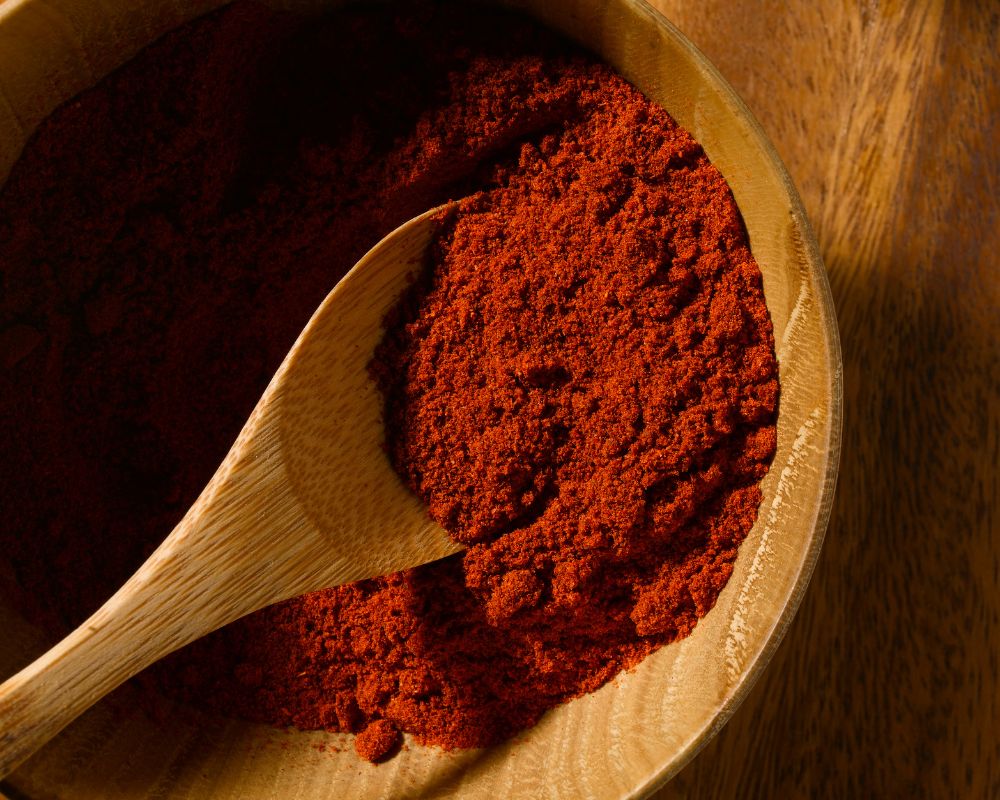
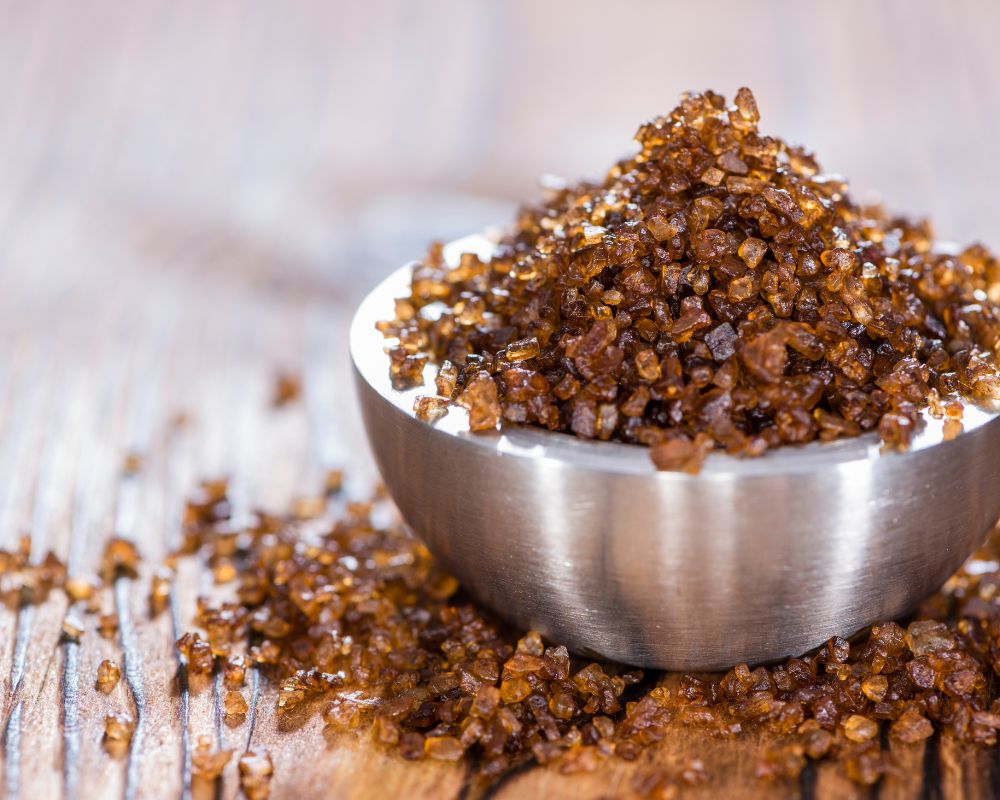
Here are the top three substitutes for smoke powder:
- Liquid smoke
- Smoked paprika
- Smoked salt
Liquid smoke is a popular substitute for smoke powder. It is made by burning wood chips and capturing the smoke in a liquid form. You can use liquid smoke in small amounts to add smoky flavor to dishes like meats, sauces, and marinades.
Smoked paprika is a spice made from grinding smoked and dried sweet peppers. It has a deep smoky flavor and is an excellent substitute for smoke powder in recipes where you want to add a smoky flavor without the heat.
Smoked salt is a type of salt that is smoked over wood chips. It has a smoky flavor and is a substitute for smoke powder in recipes that call for salt. You can use it to season meats, vegetables, and soups and add a smoky flavor to popcorn, nuts, and other snacks.
Other replacements include Worcestershire sauce powder, jalapenos, and cheddar cheese powder.

